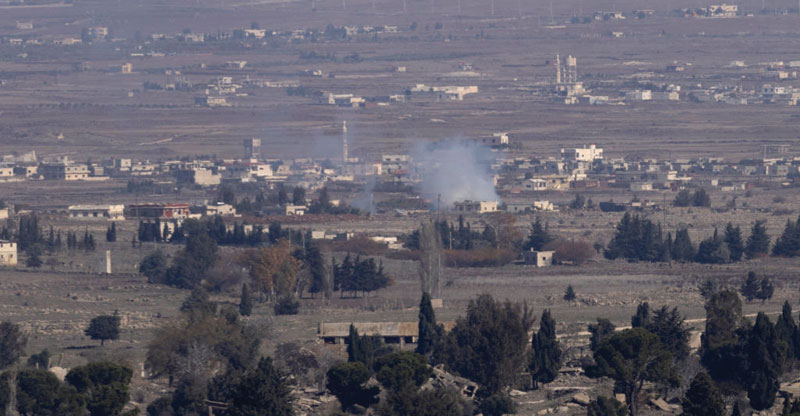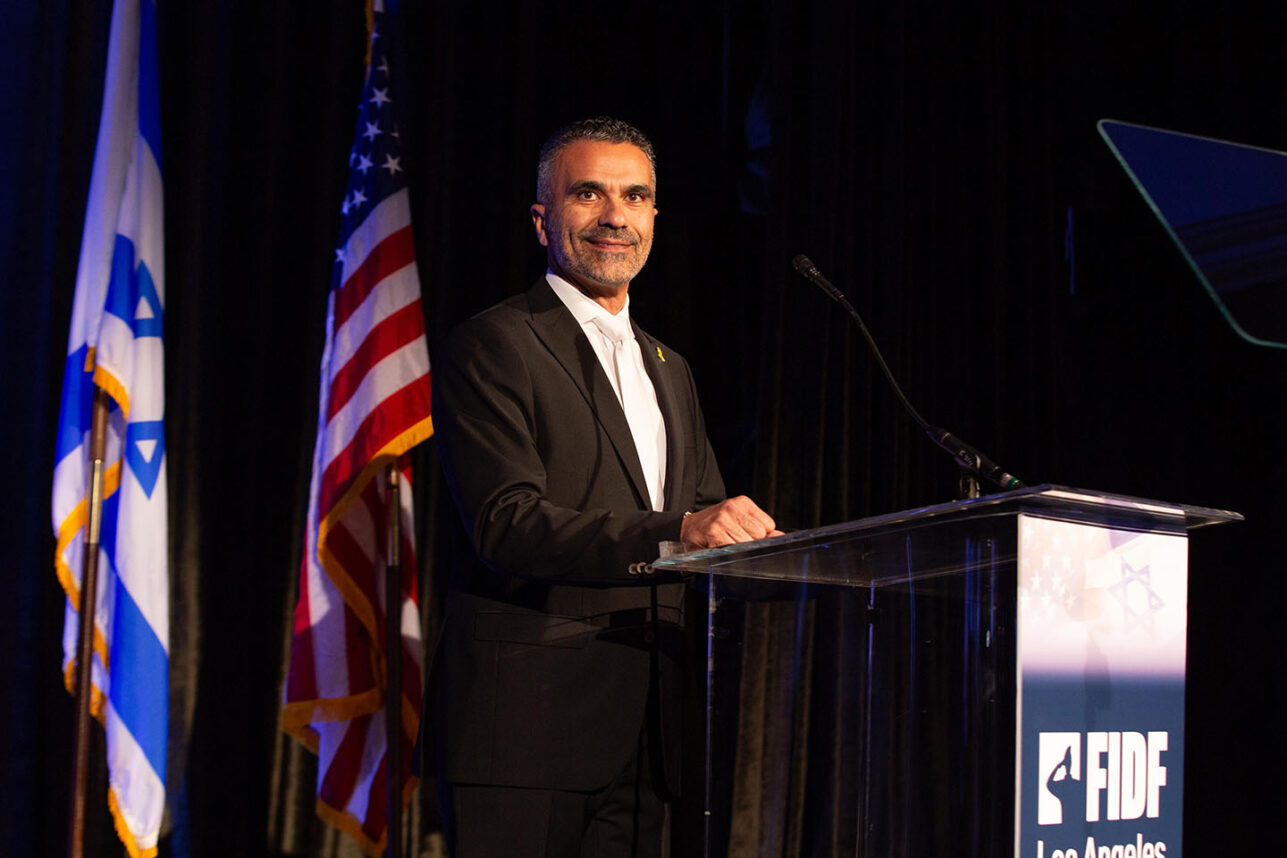The American war against Saddam Hussein represents a
significant departure from the traditional U.S. posture of appeasing Arab
terrorist regimes.
Hopefully, it will be just the first step in a new approach
to combating terrorism.
In the past, the United States consistently refrained from
taking serious action against Arab regimes that sponsored terrorists. Instead,
it tried to appease those regimes by offering them military and financial
assistance and pressuring Israel to make territorial and other concessions.
After the creation of the Palestine Liberation Organization
in 1964, the governments of Egypt, Syria, Jordan and Saudi Arabia provided the
PLO with funds, safe haven, training facilities and weapons. One Israeli anti-terror
raid on PLO bases in Lebanon uncovered crates of United States-made rifles that
had been given to Saudi Arabia, which the Saudis then gave to the PLO.
Yet instead of taking action against these terror sponsors,
the Lyndon Johnson, Richard Nixon and Gerald Ford administrations pursued
friendly relations with Cairo, Damascus, Amman and Riyadh, gradually increasing
U.S. aid to those regimes. Even worse, the United States began pressuring
Israel to give those regimes the strategically crucial territories that Israel
had won in self-defense when Egypt, Jordan and Syria attacked in 1967.
The policy of appeasing pro-terror regimes continued during
the Jimmy Carter administration. The supply of American weapons to Egypt,
Jordan and Saudi Arabia increased, and Israel was pressured to make concessions
to the Palestinian Arabs.
When Israel struck at PLO terrorists in Lebanon and
temporarily took over a narrow strip of border territory that had been used by
the PLO, Carter pressured Israel to retreat — just five years after PLO
terrorists, acting on Yasser Arafat’s direct orders, murdered two American
diplomats in Khartoum.
Officials in the Ronald Reagan administration seemed to
understand the terror threat more clearly, yet when it came to Arab regimes
that sponsored anti-Israel terror, that familiar blind spot surfaced. Instead
of using its leverage to force the Arab regimes to stop sponsoring terror, the
administration unveiled the 1982 Reagan Plan, which, in effect, rewarded the
Palestinian Arabs for their terrorism by proposing an Israeli withdrawal to the
indefensible pre-1967 borders, and the creation of a Palestinian Arab regime in
the vacated territories.
Israel’s leaders called the plan “national suicide for
Israel.” Reagan’s token bombings of Libya and Syria, in response to specific
anti-American terrorist attacks sponsored by those regimes, turned out to be
one-time gestures, not manifestations of a new policy.
During the administrations of George Bush (senior) and Bill
Clinton, the appeasement policy reached new lows. Courting pro-terror Arab
regimes and pressuring Israel became a central focus of U.S. foreign policy.
Bush did go to war against Iraq — but because of its occupation of Kuwait and
its oil fields, not because of Iraqi sponsorship of terror.
And all the while, U.S. military aid continued to flow into
Egypt (over $2 billion annually), Jordan (its $700 million debt to the United
States was forgiven and new weapons were supplied) and Saudi Arabia, and trade
with Syria continued — despite those regimes’ continuing sponsorship of
terrorism.
The United States failed to take decisive action against the
terrorists or their sponsors, even when the attacks were directed at Americans.
There was no serious response to the taking of American hostages by Iran, the
bombing of the Marine barracks in Lebanon, the Khobar Towers attack in Saudi
Arabia, the attack on the USS Cole in Yemen, the downing of Pan Am 103 and so
many other terrorist attacks. It was case after case of risk-free massacres of
Americans.
The Clinton administration mastered the art of using
pro-Israel rhetoric to soothe Israel’s supporters, while carrying out policies
that appeased terrorists and undermined Israel.
Palestinian Arab violations of the Oslo accords were
ignored. Palestinian Arab terrorism galvanized the administration to put even
more pressure on Israel. Arafat was showered with $100 million each year and
was invited to the White House more often than other foreign leaders.
Clinton’s secretaries of state visited Damascus literally
dozens of times, desperately and unsuccessfully courting Syria’s pro-terrorist
regime. Just down the block from where U.S. officials met with Syrian leaders
were the headquarters of at least 10 international terrorist groups, yet
Clinton turned a blind eye.
The Bush administration’s record has been equally troubling.
Palestinian Arab violations have been whitewashed, and Israel’s self-defense
policies have been condemned as “excessive.” The same administration that
demanded regime change in Afghanistan and Iraq because of their sponsorship of
terror, is pressuring Israel to give the terrorist Palestinian Authority regime
its own sovereign state.
Under the Bush administration, Saudi Arabia is treated as an
ally, despite its deep involvement in promoting Islamic terrorism. Syria is
praised, despite its sponsorship of international terrorist groups.
Media reports indicate Bush is seeking a rapprochement with
terrorist Libya. The administration even claims to detect signs of “moderation”
in terrorist Iran and continues to prevent American victims of
Iranian-sponsored terrorism from implementing court-ordered seizures of Iranian
assets.
Terrorism cannot be fought on one front and ignored on
another. To defeat terrorism worldwide, America needs to be consistent and
uncompromising. Kabul and Baghdad should be just the first steps.
Replacing the pro-terrorist regimes in Riyadh, Damascus and
Ramallah should be next on America’s list.
Morton A. Klein is national president of the Zionist Organization of America





















 More news and opinions than at a Shabbat dinner, right in your inbox.
More news and opinions than at a Shabbat dinner, right in your inbox.